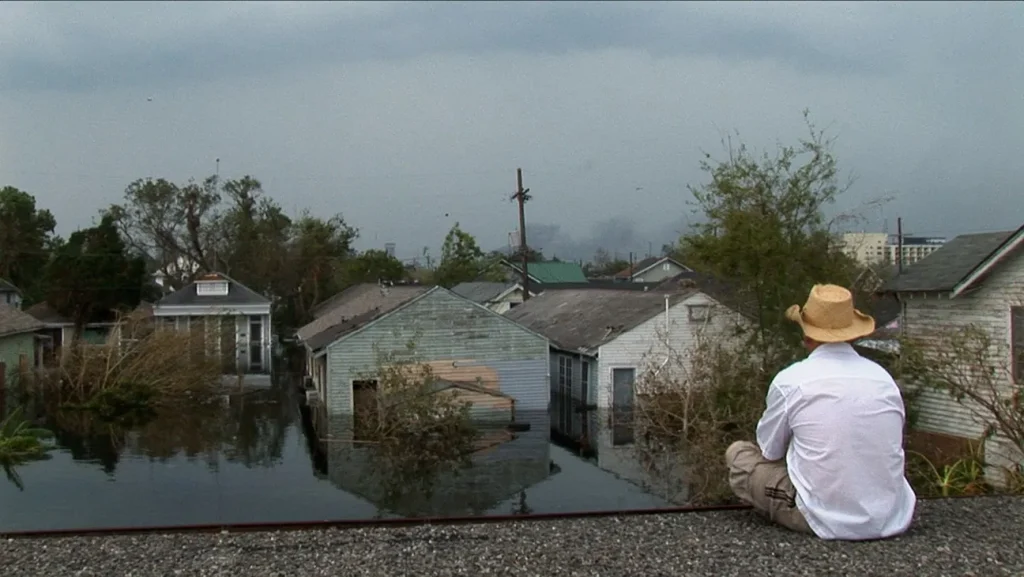On August 29, 2005, I was just starting my freshman year of college in Virginia. I knew a storm had hit New Orleans, but I didn’t understand the scale of it or the human cost until much later.
For many of us outside the Gulf Coast, Hurricane Katrina was something we saw in news clips, a distant disaster that came and went. Watching Hurricane Katrina: Race Against Time—the new five-part documentary from the Oscar®- and Emmy®-winning producers at Lightbox, acclaimed filmmaker Ryan Coogler and his production company Proximity Media, and directed by Oscar-nominated Traci A. Curry—shattered that distance for me.
From the Oscar®– and Emmy®-winning producers at Lightbox and acclaimed filmmaker Ryan Coogler and his production company, Proximity Media, and directed by Oscar-nominated Traci A. Curry, this landmark documentary series arrives in time to mark the 20th anniversary of Hurricane Katrina.
This isn’t just a recap of a natural disaster. It’s a brutally honest account of what really happened in New Orleans and to its people in those days after the levees broke. And if you think you know the story, you don’t.
The statistics are well known: more than 1,800 lives lost, 80% of the city flooded, and over $125 billion in damages. But numbers don’t tell you what it felt like for families trapped on rooftops for days. They don’t show children navigating filthy floodwaters to bring food to neighbors. They don’t capture the exhaustion of people who had already lost everything, being met with suspicion, hostility, and racism.
The series forces you to face the uncomfortable truths that the mainstream coverage at the time glossed over or twisted entirely. It exposes how the media labeled Black survivors as “looters” while portraying white survivors as “neighbors in need.”
It examines why it took five days to get people out of the Superdome and why armed citizens blocked evacuees from leaving the city. It asks why, in a country as wealthy as ours, so many were left stranded in one of America’s darkest hours.
Yes, there are stories of failure, FEMA’s paralysis, state and local leadership’s lack of urgency, but there are also stories of courage. The neighbor who pulled strangers to safety in his fishing boat. The young people who risked themselves to find food and water. Military leaders like Lt. Gen. Russel Honoré who cut through the chaos to restore some sense of order.
For me, the most unsettling takeaway is that Hurricane Katrina wasn’t just a natural disaster; it was a man-made one, shaped by decades of systemic racism and neglect. And those same dynamics could easily play out again if we aren’t paying attention.
Hurricane Katrina: Race Against Time is more than a history lesson; it’s a mirror. It reflects the resilience of a city and its people, the failures of the systems meant to protect them, and the ugly truths about race and class in America.
It’s not always easy to watch, but it’s necessary. Because if we don’t fully understand what happened then, we won’t be ready for what could happen next.
Hurricane Katrina: Race Against Time is now streaming on National Geographic and Hulu.




